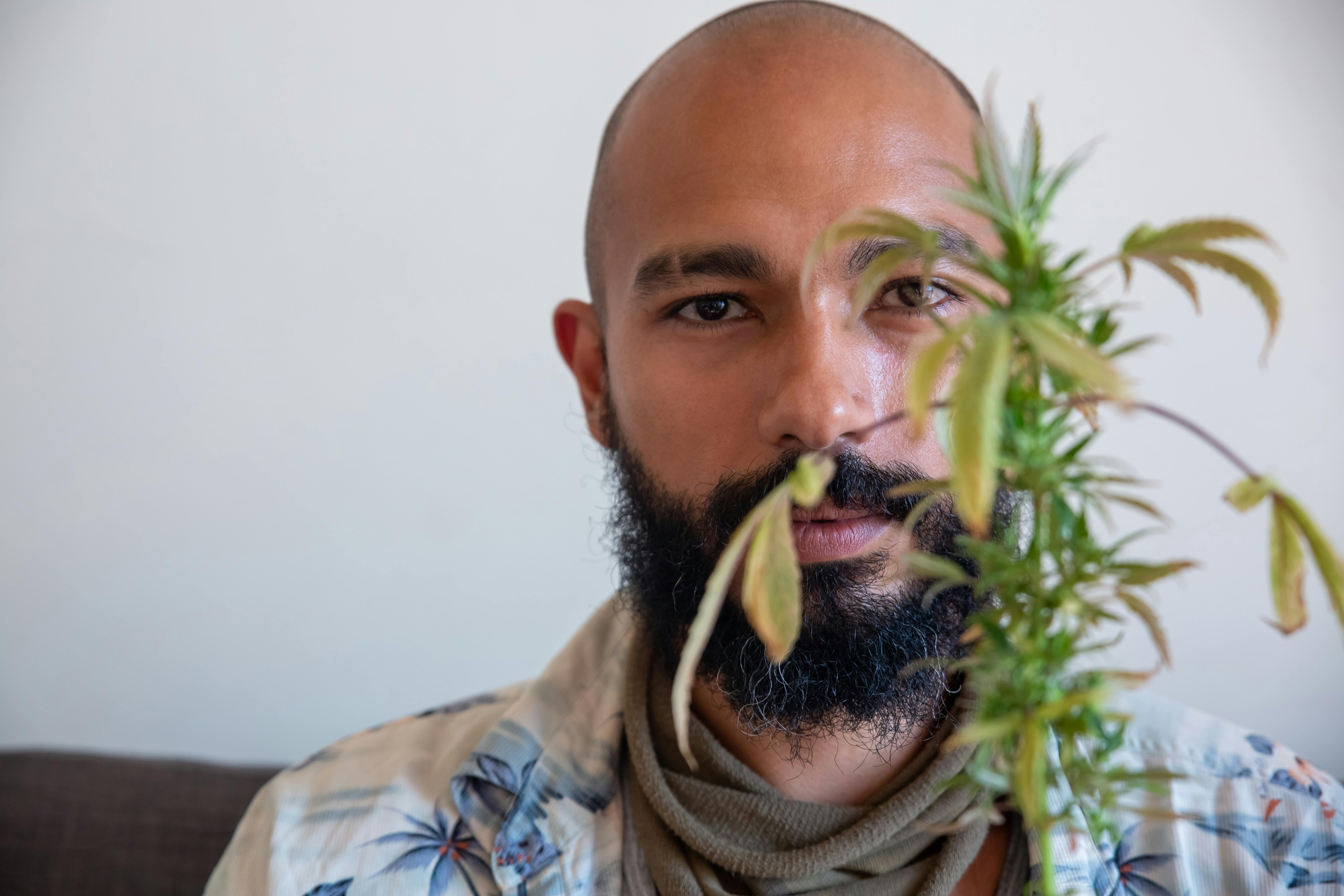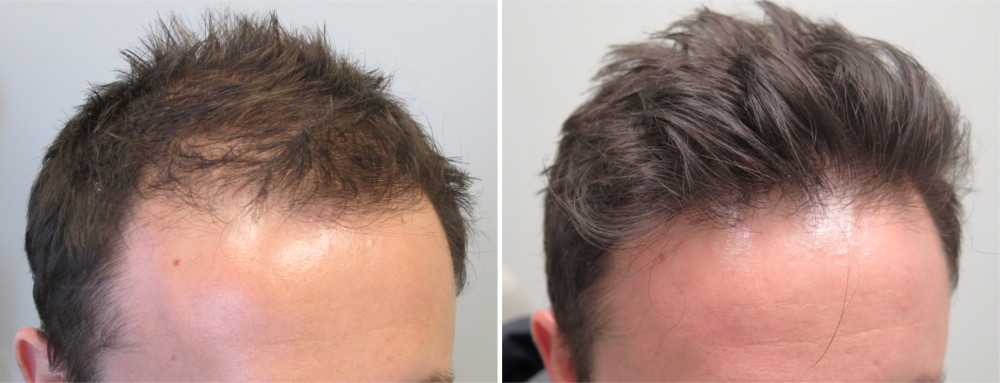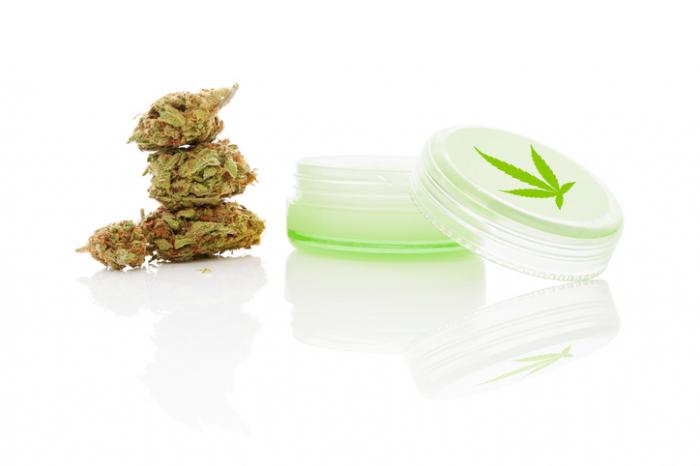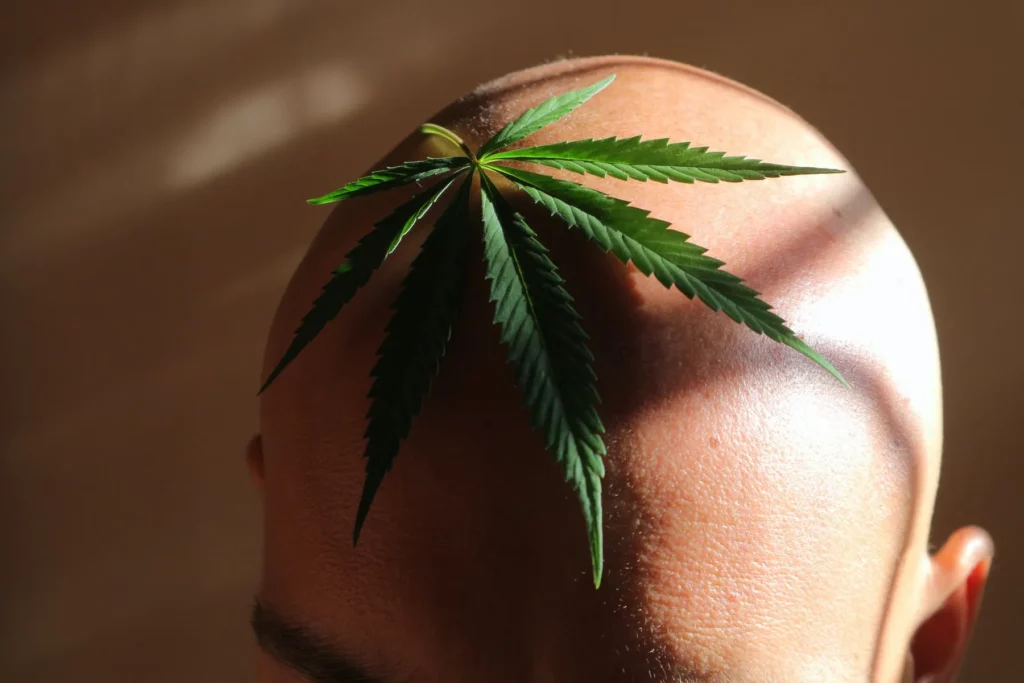Culture
The Connection Between Marijuana and Hair Loss
Are you concerned about the potential link between marijuana use and hair loss? While there isn’t a ton of direct evidence that connects the two, there are some studies that suggest a possible correlation. In this article, we’ll take a closer look at the research and provide tips for promoting healthy hair growth.
What the Research Says
A 2007 study suggested that THC, an active ingredient in marijuana. It can deposit onto hair shafts of people who use marijuana. Which, can inhibit hair elongation and suppress the distribution of hair follicle proteins. While this study didn’t conclusively link marijuana use to hair loss, it does suggest that THC may have an impact on hair health.
Furthermore, regular marijuana triggers the pleasure-seeking portion of the brain. Which may lead to unhealthy food choices and nutritional deficiencies. Studies have found that deficiencies in iron and zinc, two important vitamins for hair health, can contribute to hair loss. Therefore, if you frequently use marijuana and consume unhealthy foods, your hair health may suffer.
Additionally, smoking cigarettes has been linked to hair loss and damage to hair follicles. While there isn’t a direct link between smoking marijuana and hair loss, it’s not unreasonable to assume that inhaling smoke could have similar negative effects on hair.
Remedies for Hair Loss

Whether your hair loss is because of marijuana use or other factors such as genetics. There are many treatment options available. Here are six common remedies to consider:
1. Finasteride
Finasteride is a prescription medication commonly used to treat baldness. It works by preventing the body from converting testosterone into DHT, which is one of the major causes of hair loss. Studies have shown that finasteride is effective in stopping hair loss and promoting regrowth in men. However, it must be taken daily to be effective.
2. Minoxidil
Minoxidil is an FDA-approved medication available without a prescription. It comes in liquid and foam formulas and is thought to work by stimulating hair follicles. This is to enter the growth phase. Minoxidil can also increase blood flow to the scalp, which can stimulate hair growth. Studies have shown that minoxidil is effective in improving hair growth in both men and women with pattern hair loss.
3. Finasteride and Minoxidil Together
When used together, finasteride and minoxidil can be a powerful combination. A study found that 94.1 percent of men with hair loss saw an improvement in hair growth when using both medications, compared to 80.5 percent using only finasteride and 50 percent using only minoxidil. There are also combination products available that contain both finasteride and minoxidil.
4. Hair Loss Shampoo
Some shampoos are specifically to promote hair growth and thicken hair. Look for shampoos containing natural ingredients such as saw palmetto. Which can to reduce hair loss. While these shampoos may not be as effective as medications, they can be a good option for maintaining healthy hair.
5. Biotin
Biotin is a B vitamin common for its positive effects on hair. It’s often found in supplements. As well as, it can be naturally in foods like eggs, milk, and bananas. Studies have found that biotin supplements can promote hair growth in women with thinning hair.
6. Lifestyle Changes
In addition to using medications and supplements, making lifestyle changes can also promote healthy hair growth. Eating a balanced diet rich in zinc and iron can improve hair health. Quitting smoking can also have a positive impact on hair loss.

The Link Between Marijuana and Hair Loss
While there isn’t a lot of direct evidence linking marijuana use to hair loss, a small study has shown promise for the use of to promote hair regrowth. The study involved 31 male and female patients with androgenetic alopecia, the most common cause of hair loss. Each patient experienced hair regrowth after a daily application of a topical solution containing hemp-derived cannabinoids for six months.
Researchers believe that the cannabinoids, including CBD, THCV, and CBDV, have therapeutic effects on hair regrowth through the endocannabinoid system. This system plays a crucial role in regulating many of the body’s natural functions by “down-regulating” inflammatory responses and “upregulating” regenerative processes.

While this study shows “superior results” comparing to traditional hair regrowth medications. Furthermore, more research to determine the safety and efficacy of topical hemp extracts is continuing. Especially, when using in conjunction with finasteride and minoxidil.
Final Thoughts
If you’re concerned about hair loss, there are many treatment options available. While there isn’t a ton of direct evidence linking marijuana use to hair loss, it’s important to maintain a healthy lifestyle and consider using medications and supplements to promote healthy hair growth. If you’re interested in trying topical cannabinoids. Be sure to speak with a healthcare professional to determine if it’s a safe and effective option for you.

